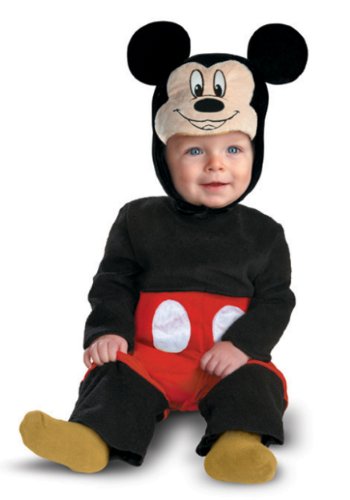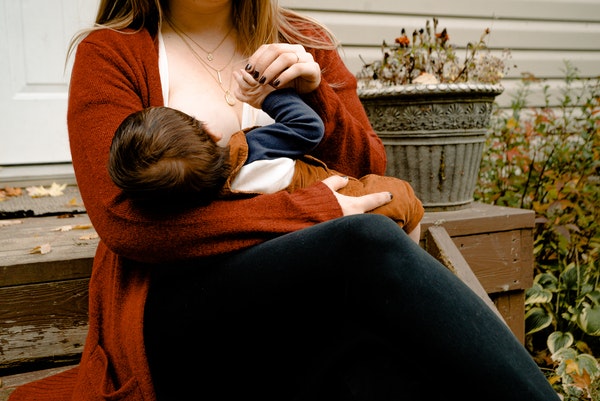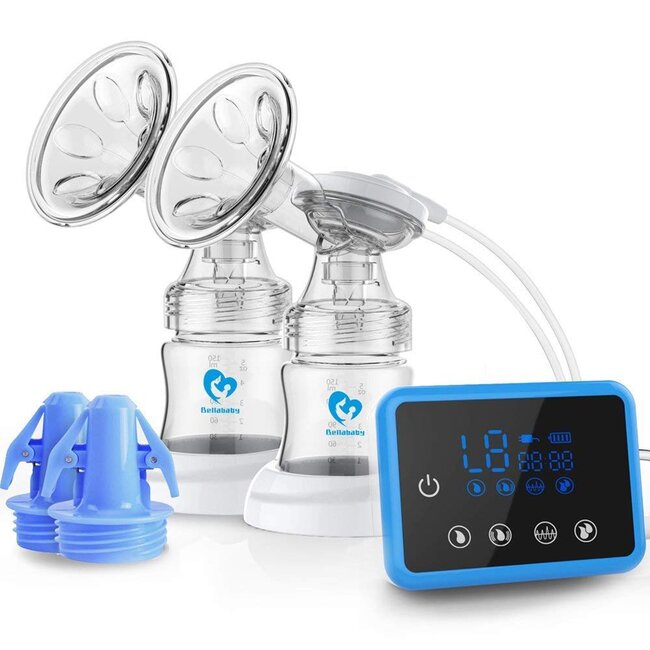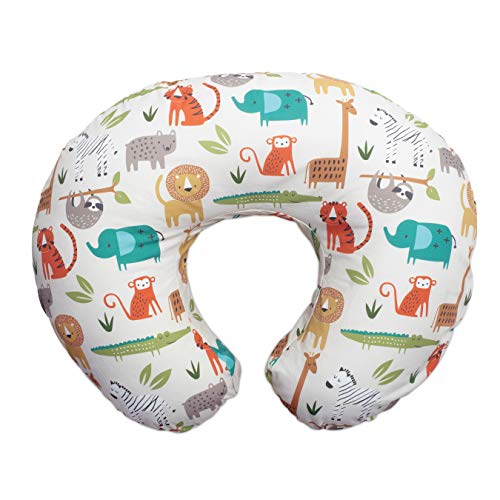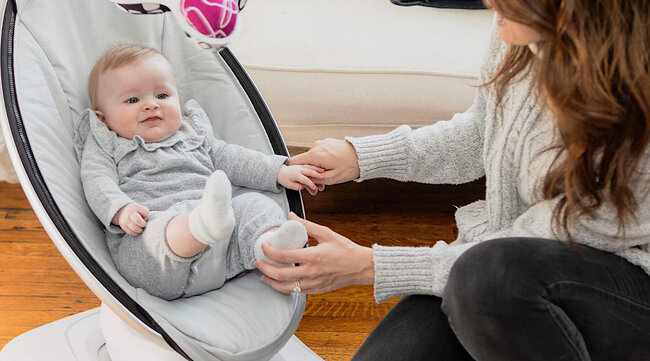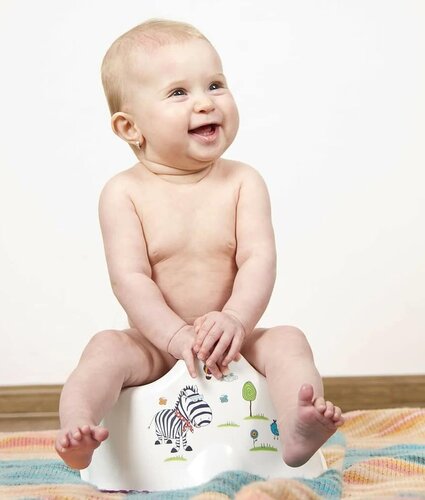
(Note: Some of the links in this post are affiliate links, and we will be compensated when you make a purchase by clicking through our links at no additional cost to you.)
Excellent questions and there is NOT a shortage of answers and advice for these questions. If you go on Amazon to look for books on potty training; you will find there are hundreds, if not thousands of books for parents, and for your children on the subject of potty training. Try an online search on the subject; there is not shortage of advice and information available. It can be very confusing to read conflicting advice online, in books, in the media and of course also from your friends and relatives.
What does potty training mean to you? Or what does having a child be potty trained mean to you?
My mental model / definition of a potty trained child; A potty trained child knows that s/he is to eliminate in a potty or the toilet; S/he will do so own her/his own when s/he has the urge to eliminate. The child may still need help with proper hygiene i.e. wiping and washing, however, the child initiates going potty on his/her own.
So based on this definition, here are my thoughts on subject of when you should start to potty train.
There is no set age at which potty training or toilet training should begin. The right time depends on your child’s development in the following four areas:
- physiological development (bladder and bowel control)
- motor skills
- his/her cognitive and verbal development and
- emotional & social awareness.
Physiological Development (Bladder and Bowel Control):
In order for your child to be able to eliminate when s/he wants to (voluntary vs. involuntary), her/his sphincter muscles have to be developed / mature enough to delay excretion for a brief period of time. All my research including the American Academy of pediatrics say that children’s elimination muscles reach full maturity somewhere between 12-24 months, and the average age of maturity is 18 months.
So how is a parent to know if a child’s elimination muscles are mature?
Your child’s behavior and actions will guide you in knowing how your child is developing in this area.
Around his/her first birthday, your child will begin to recognize the sensation of a full rectum or bladder, signaling the need to eliminate. You observe this awareness through their behavior of squatting and grunting when having a BM and tugging at the diaper when urinating. At this age, they may not be able to delay elimination, but they need to make the connection between the feeling of fullness and the act of excretion or urination.
On the average, at about 18 months, your child’s sphincter muscles mature and now your child has the ability to delay excretion for a brief period of time. Night time bowel control is usually achieved first, followed by day time bowel and bladder control and finally nighttime bladder control.
Your will notice that your child will no longer have bowel movements at night. Then you will observe that you child can stay dry for a few hours at a time. You child will wake up dry from long naps, followed by waking up dry in the morning.
Physiological readiness signals for potty training are (Bladder & Bowel Control):
- Childs awareness of the need to go – demonstrated by squatting, grunting, hiding when child feels need to eliminate.
- No BM’s through the night
- Dry diaper for long periods of time i.e. from long naps and/or in the morning.
- Urinate a lot at one time (vs. a little through out the day)
- Some regularity of bowel movements.
So, if you think your child has full bladder and bowel control, should you start potty training? Not necessarily. Just because a child is physiologically ready to be potty trained does not mean that s/he has the other skills – motor, cognitive & verbal, emotional & social skills required for the whole potty training process.
Motor Skills:
On the average, children will walk around the age of 12 months. Once your child has mastered walking and running, then s/he may be interested in acquiring other “grown up” skill and will start developing other gross and fine motor skills required for potty training. The main motor skill is having enough finger & hand coordination skills to dress and undress and more specifically to pull his/her underpants down and up.
Motor Skills readiness signals for potty training are:
- Is your child able to undress him/herself?
- Is your child able to pull his/her underpants down?
- Is your child able to pull his/her pants down?
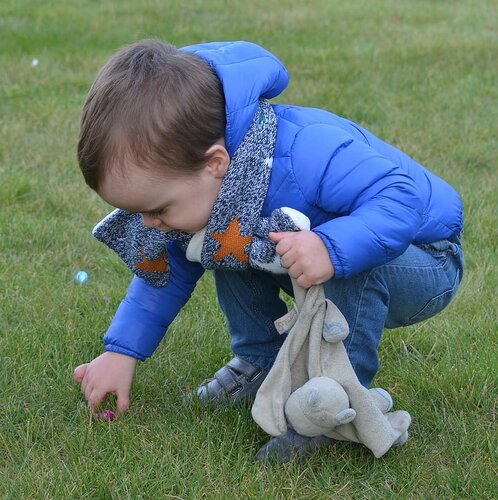
Cognitive and Verbal Skills:
The overall potty training process requires a complex combination of physical and cognitive tasks. Your child has to learn and become familiar with his/her body and functions, associate the physical sensation with the proper response, picture what s/he want to do, create a plan to get to the potty, get there, remove the underwear and then begin to use the potty. Then s/he has to remain there long enough to finish, which requires memory and concentration.
As you teach your child all these steps, you child must have the ability to understand your explanations, commands and responses and to be able to put them all together to understand the entire potty training process.
When you look the process at this detailed a level, you can see why your child has to have some of these cognitive and verbal skills developed to be able to successfully learn what is required.
It starts with body awareness and the ability to associate a feeling of fullness with the result i.e. a BM or urination. This association is not made automatically. You need to reinforce this association by telling your child what is happening based on your observations.
At around the age of 2, children become aware of their body parts and it is your role to teach your child the words for the body parts. Use words that are comfortable to you and your family. This is also your opportunity to teach your child all the other words that will be required in the potty training process.
The next steps in the potty training process require your child to have the capacity for symbolic thought, planning or problem solving and memory. Your child has to be taught that when s/he has the urge to go potty, that they should find their way to the potty, remove their clothing and then eliminate in the potty.
The child has to have the ability for more complex thinking and have the ability to extrapolate and problem solve. They have to be able to learn that they need to stop doing whatever they are doing when they feel that fullness. Then they have to figure out where the potty is and find their way there.
![]()
Verbal and Cognitive readiness signals for potty training are:
- Has the vocabulary required for potty training – i.e. understands words such as pee, poo, penis, vagina potty, toilet, wet, dry, underwear, “big girl” etc. or whatever words work best for your family
- Your child can follow instructions – from simple instruction such as show me your nose, to more complex instructions such as putting away toys where they belong. You child has the ability for symbolic though, planning/problem solving and memory.
- Is able to imitate and model behavior
Emotional Growth and Social Awareness:
This is probably the hardest readiness to gauge, especially since children go through phases. The components that will help in determining your child’s emotional and social readiness are self mastery, desire for approval, and social awareness.
The desire to master one’s own body and environment is a powerful desire common to all toddlers and preschoolers. You will hear toddlers say “I can do it” and “I am a big boy/girl now” are indications of the desire towards independence.
Sometimes, the need to control one’s own body and environment are manifested in undesirable ways such as hiding when s/he has the urge to have a BM, or having an accident for the sheer satisfaction of making the decision on where to go potty or withholding stool and becoming constipated. When your child is in this phase of self mastery, back off and try again later when s/he moved into the more positive phase of self mastery.
Parent often underestimate the power of a child’s desire for parental approval. As an adult, think about how you feel about your parents. Do you still care about what they think about you? Do you still want them to be proud of you? Most children have this desire, except for normal spurts of rebellion that occur through out childhood. This desire to please parent and get parental praise and approval is a great tool that can assist in the process of potty training.
Social awareness is the ability to observe others and the desire to be like them. At the age of 18 months, children become fascinated by the behavior of other children their own age or older. This is why often the 2nd and 3rd child is potty trained a lot earlier than the first child. By the age of 24-30 months, they start to understand gender differences and focus on imitating the behavior of the same sex parent.
Emotional growth and social awareness readiness signals for potty training are:
- Desire to master one’s own body and environment – manifested by “I can do it” or “I am a big boy/girl now”
- Child’s desire for parental approval
- Child’s desire to imitate and desire to be like others



